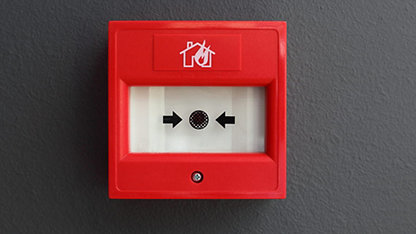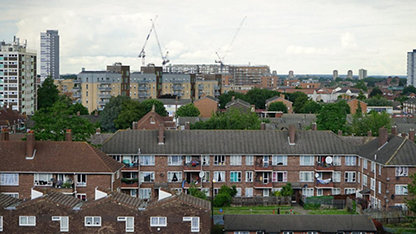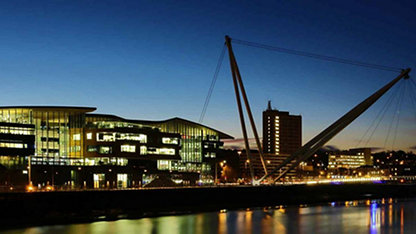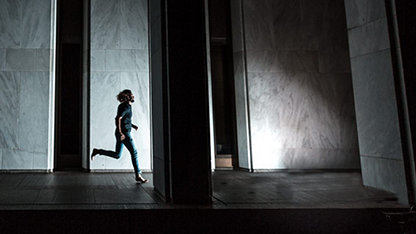In May, the University College of Estate Management (UCEM) launched its BSc in building control, and I can’t recall the creation of a more important programme in my six years as principal. The BSc was joined by our building control surveyor level 6 degree apprenticeship in August, which is suitable for apprentices in local authorities and the private sector alike.
In the wake of the Grenfell Tower fire, the importance of building safety has never been more obvious. This should of course always be paramount. But it’s fair to say that the terrible event in June 2017 left the construction industry reeling, and it has required organisations to examine their practice more critically than ever before. One of the key messages in Dame Judith Hackitt’s report on fire safety in the wake of the tragedy is that more professionals are needed in building control – and, crucially, they need appropriate qualifications to inform their work.
The two new building control programmes UCEM is offering can help meet this need and realise a safer built environment. This is why I am so delighted that these programmes – on which we have been working for the past few years – are being launched.
UCEM had been having conversations with professional bodies about offering building control programmes before the Grenfell Tower fire, though. Our strategy – to be the leading online vocational university – and a considered plan to extend the range of subjects we offer by including building control both supported that aim.
What the fire did do, however, was reinforce our belief in offering building control programmes and emphasise the importance of making these the best they could be and providing them as soon as possible. Our academic team worked tirelessly with the Association of Consultant Approved Inspectors (ACAI) and a supportive employer base to develop these programmes.

The Grenfell tragedy put a spotlight on the crucial issue of building safety
The second anniversary of the Grenfell Tower fire in June should have been an opportunity for reflection on the steps made to make the UK’s buildings safer. Instead, the media was saturated with laments about inaction since that dark day. The Evening Standard reported London Fire Brigade commissioner Dany Cotton’s anger at how slow the work to make vulnerable buildings safe has been, while the Guardian covered the activity of campaign group Grenfell United in highlighting tower blocks still covered in dangerous cladding.
To compound matters, the same month also saw an ACAI spokesperson declare that a shortage of building inspectors is creating a ‘crisis point’ for building control, highlighting why the work necessary to make buildings safer has been delayed. This situation is also representative of the wider skills crisis in the construction industry. The only way to remedy this is to upskill the current workforce and recruit more people, and our degree programmes are supporting this effort.
On the positive side, coverage was also given in June to the community-led initiatives being carried out in memory of those who perished. Everyone who plays a role, whether directly or indirectly, in making our buildings safe should take the time to reflect on those who lost their lives two years ago. While it’s easy to remember the fire, confronting the devastating impact on those innocent people will allow compassion to become the foundation on which we construct our buildings in future.
Gary Strong, RICS global building standards director, comments that: ‘RICS strongly supports the availability of new courses in building control, and believes that the sector has a good future with the emphasis on skilled, qualified professionals.’
Currently, the UCEM programmes are not accredited, but they are mapped to the Building Control pathway of the RICS APC. Accreditation will be sought at the next window for doing so.
- Ashley Wheaton is principal at UCEM a.wheaton@ucem.ac.uk
- This article originally appeared in RICS Built Environment Journal November/December 2019 titled Safety studies












